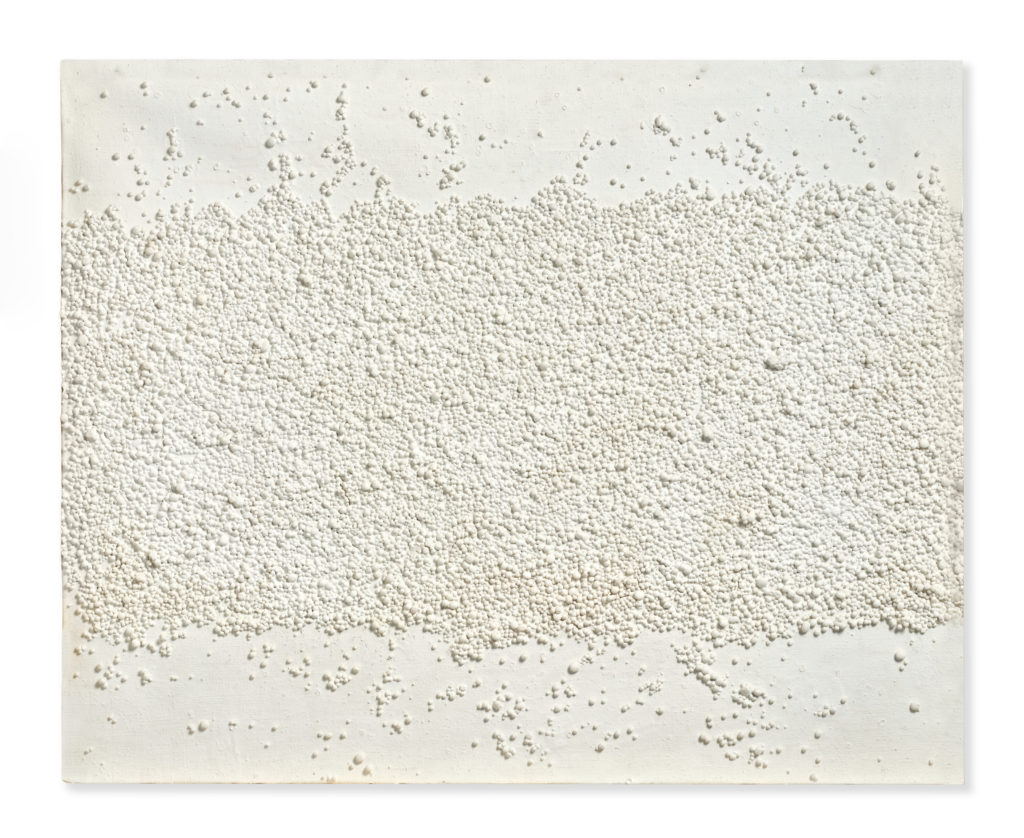
SHA Wellness Clinic, 10 Alkaline Foods And Their Health Benefits
The alkaline diet consists of avoiding foods that can cause inflammation and encourages the consumption of healthy vegetables, such as miso, berries and seaweed.
The alkaline diet considers that food has a direct impact on our pH. Alkaline foods, i.e. those with a pH above 7, help to reduce acidity, while acidifying foods (with a pH below 7) help to increase it, creating a more favourable environment for the development of various diseases. Thus, nutrition according to SHA is not only balanced, natural and sustainable, it is also alkalising.
Joana André, Melanie Waxman and María Romeralo, nutritional consultants for the SHA Wellness Clinic, recommend 10 alkaline foods to include in your daily diet that are full of beneficial properties for your health.
Miso
“Miso is Japanese for ‘source of flavour’ and is made by slowly fermenting soybeans in a process that can take up to three years. It is a source of natural probiotics, alkalizing, revitalizing and purifying, which helps to strengthen the immune system, give energy, improve digestion, reduce blood cholesterol levels and speed up the elimination of heavy metals.
Seaweed
Seaweed contains polyphenols, polysaccharides, fatty acids and carotenoids. These promote the detoxification of heavy metals and have a positive impact on the microbiota and help reduce inflammation, thus minimising the risks associated with obesity, diabetes, inflammatory bowel disease, cardiovascular problems and certain cancers. Incorporate them in small quantities into your daily diet, in soups and salads, mixed with other vegetables, grains, legumes, or even in desserts (agar-agar).
Broccoli
Kale, cauliflower, Brussels sprouts, bok choy or broccoli are cruciferous vegetables that are low in calories and high in nutritional density. They are rich in antioxidants which are important for reducing the production of free radicals and minimising oxidative stress. They are also useful in preventing DNA damage, activating defences against pathogens and stimulating liver detoxification.
Millet
This is the most alkaline cereal, also gluten-free. A complex carbohydrate, rich in minerals such as iron, magnesium, zinc, and B vitamins. Very beneficial for the nervous system, millet is very useful in combating digestive disorders and, thanks to its low glycemic level, diabetes. It is a very versatile food that can be eaten in porridge for breakfast, in soup, in hamburgers, cakes, etc.
Tofu
Made from soya milk, tofu is a high-protein, alkalizing and easily digested food. Tofu is rich in calcium, low in calories and gluten-free. You can include it in soups, sauces, pâtés, hamburgers or cook it with vegetables and legumes.
Red berries
Blackberries, blueberries, raspberries or strawberries contain polyphenols, prebiotics, fibre, vitamin C, folic acid, magnesium and potassium. They prevent cell damage, reduce inflammation, reduce oxidative stress, improve the quality of the gut microbiota and digestive health, strengthen the immune system and help prevent many diseases including cancer.
Umeboshi
This is a variety of Japanese salted plums, fermented in salt in a process that can take up to three years. This highly alkaline food acts as a natural probiotic and has antioxidant properties. It stimulates the appetite, promotes digestion, improves circulation and prevents acid reflux, fatigue, relieves headaches and strengthens the immune system.
Gomashio
This condiment, made from a mixture of sesame and sea salt, supplies the body with calcium, magnesium and vitamins, and provides antioxidant effects. It improves digestion and cholesterol levels, reduces fatigue and strengthens the teeth and gums. It can be added to creams, salads and cereals, but as it is a salty condiment, it should be consumed in moderation.
Kuzu
White starch obtained from the root of the wild kuzu plant. In gastronomy, it is used as a gelling and thickening agent for soups, sauces, desserts and medicinal drinks and, although it has little taste, it is full of beneficial properties for health. It regulates digestion, calms the nerves, helps stabilise blood sugar levels, reduces acidity, increases vitality and helps fight bacterial infections and headaches.
Ginger
Ginger is a spicy root used as a condiment, garnish or in the preparation of medicinal teas. It is a source of vitamins, minerals and linoleic acid and has anti-inflammatory properties. It strengthens the immune system, improves brain function and digestion, reduces gas, relieves headaches, nausea and PMS symptoms, and aids in weight loss.
Recommended
-
Glow Into 2025: SHA Wellness’s Luxe Formula For Your Best SelfJanuary 6th, 2025
-
Hydrate Intelligently: Track Your Wellness w/ the LARQ PureVis 2 & Smart AppNovember 7th, 2024
-
LARQ – THE BEST MOTIVATION TO STAY HYDRATED AND HEALTHY!February 14th, 2024
-
HÄSTENS WELCOMES ITS NEW SLEEP AND WELLNESS ADVISOR, DR. CHAD ELDRIDGEJanuary 19th, 2024
-
A REVOLUTIONARY & SMART CHRISTMAS WITH LARQDecember 11th, 2023




































